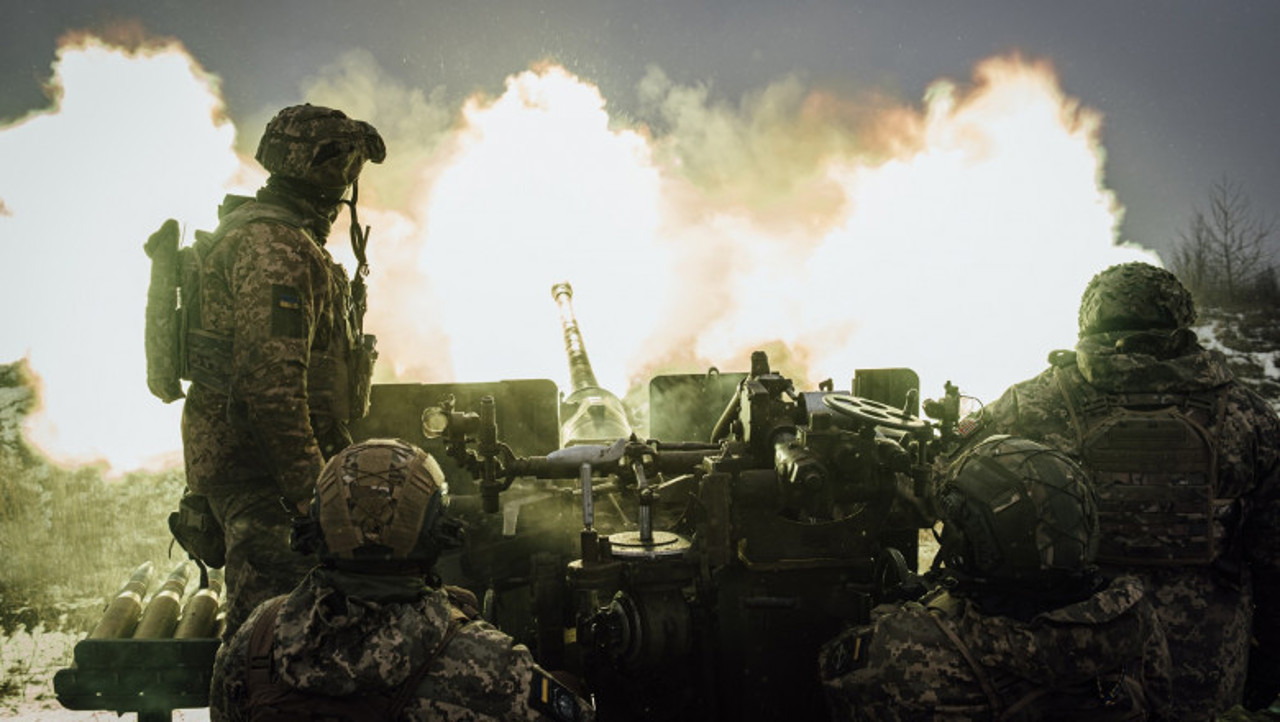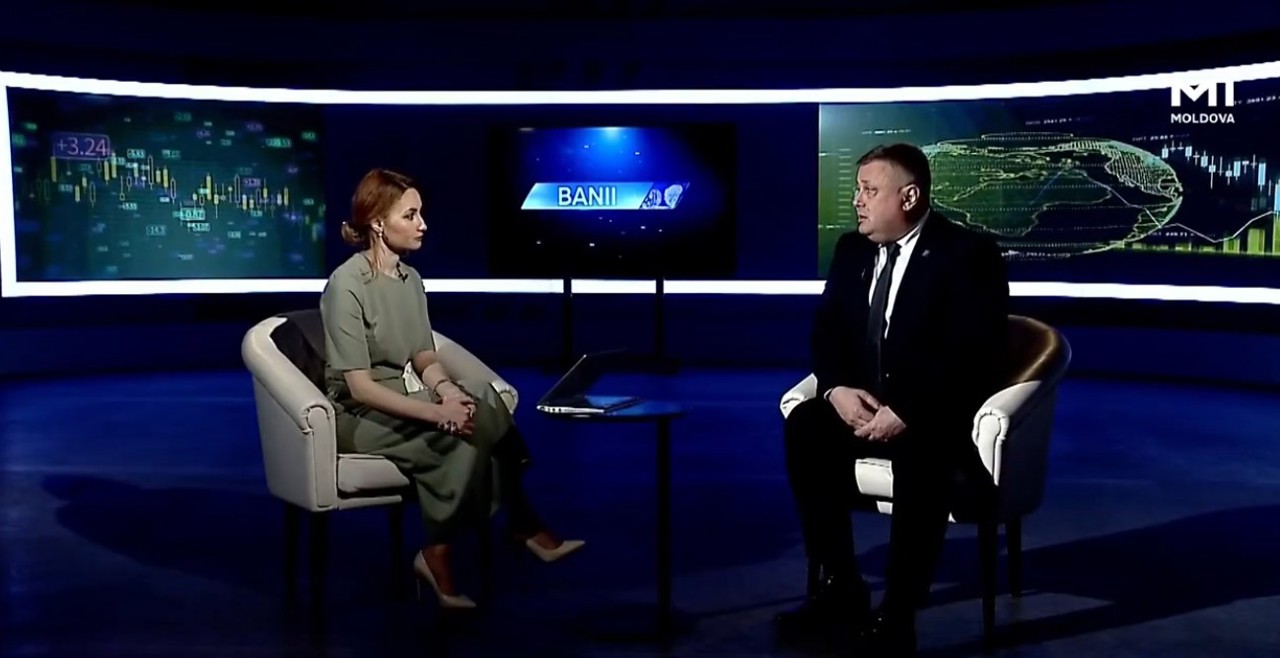Ukraine War Fuels Surge in Global Arms Spending
A new report by the Stockholm International Peace Research Institute (SIPRI) reveals a significant increase in global military spending in 2023, according to Agerpres.

Military expenditures reached $2.443 trillion, representing the fastest annual growth since 2009.
The report highlights that all ten countries with the highest military budgets increased their spending in 2023. The United States remains the world's top military spender, followed by China, Russia, India, and Saudi Arabia. These five countries collectively accounted for 61% of global military spending last year.
The ongoing war in Ukraine has had a substantial impact on global military spending trends. Russia's military spending surged by 24% in 2023, reaching $109 billion. This marks a 57% increase since Russia annexed Crimea in 2014. Ukraine's military spending also soared by 51% to $64.8 billion. Notably, Ukraine received $35 billion in military aid, primarily from the United States.
Other Key Findings
- The United States spent $916 billion on defence in 2023, reflecting a 4.3% increase from the previous year.
- China's military spending grew for the 29th consecutive year, reaching $296 billion in 2023, a 6% increase.
- Poland recorded the highest percentage increase in military spending among European countries, with a 75% jump to $31.6 billion in 2023.
- Israel's military expenditure rose by 24% to $27.5 billion in 2023, largely attributed to its Gaza offensive.
- Saudi Arabia, the leading spender in the Middle East, increased its defence budget by 4.3% to $75.8 billion in 2023.
Nan Tian, a senior researcher with SIPRI's Arms and Military Expenditure Programme, attributed the rise in global spending to the worsening global peace and security environment. He expressed concern about a potential arms race and emphasised the importance of de-escalation and conflict resolution efforts.
SIPRI Forecasts Continued Growth
The SIPRI report forecasts that military spending will likely continue to rise in the coming years, fueled by the ongoing conflict in Ukraine, persistent geopolitical tensions, and unresolved regional disputes.
Translation by Iurie Tataru





